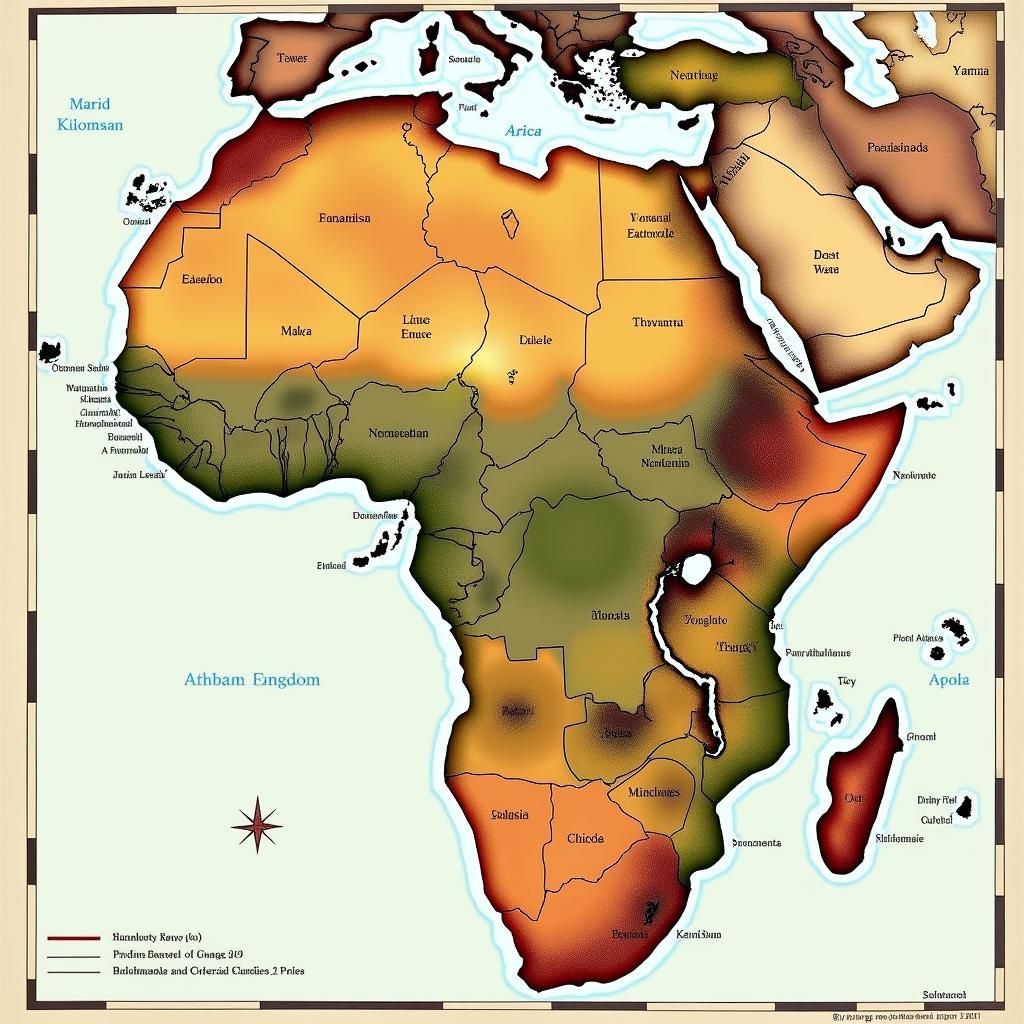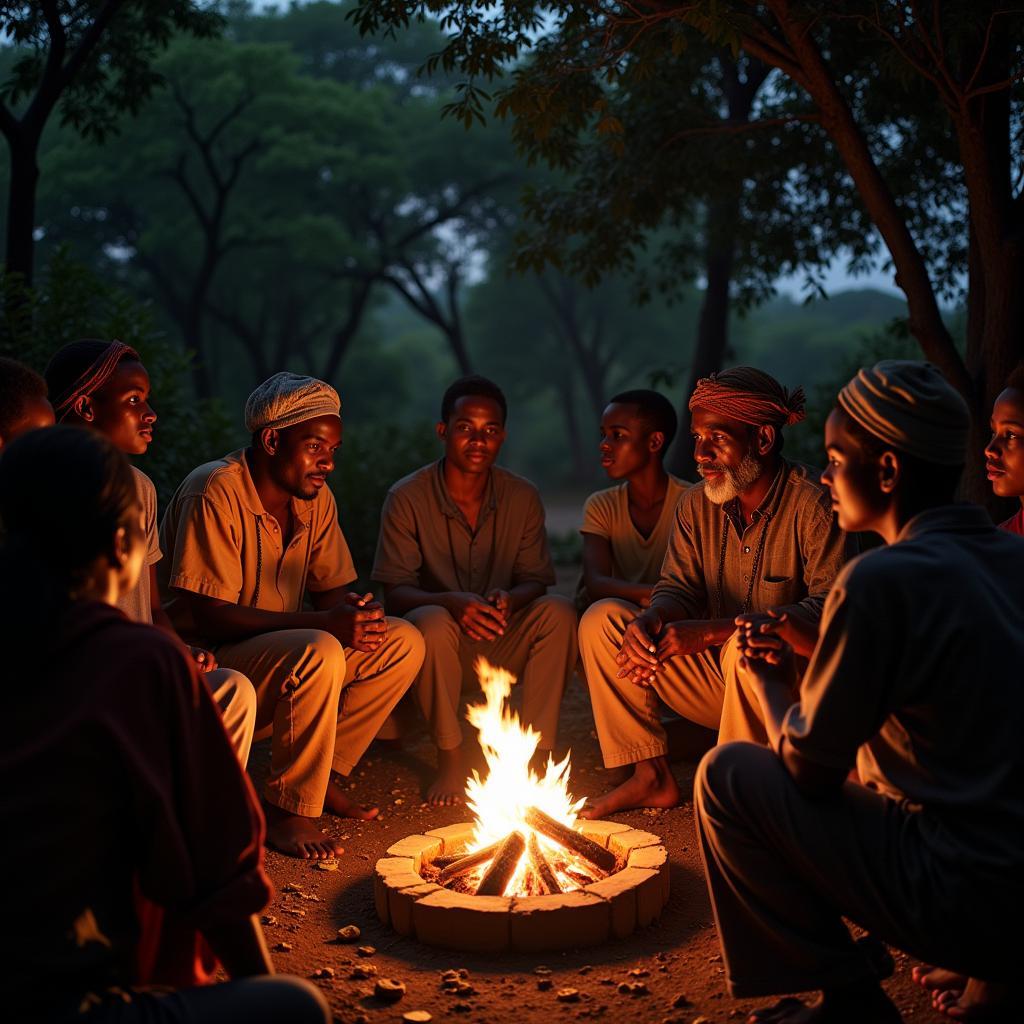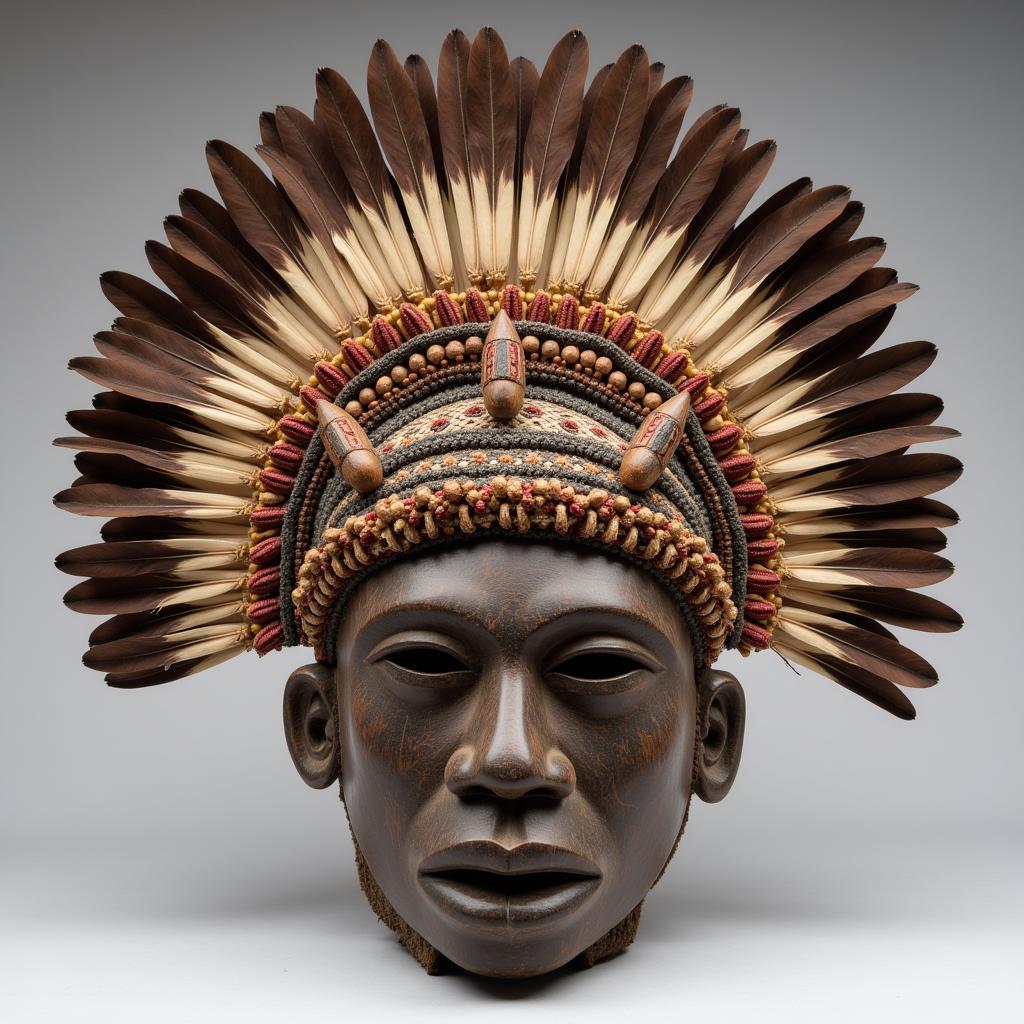Unveiling History: African Countries Names Before Colonisation
The vast continent of Africa, rich in culture, history, and diversity, has seen the rise and fall of empires and the shaping of nations. However, the arrival of European colonialism in the 15th century irrevocably altered the course of the continent, including the names of its countries. While many associate African nations with their colonial titles, it’s crucial to remember the identities that existed before. This article delves into the pre-colonial names of African countries, offering a glimpse into their forgotten heritage.
 Map of Africa before Colonisation
Map of Africa before Colonisation
Tracing Back Identities: Why Knowing Pre-Colonial Names Matters
The act of renaming nations during colonisation was not merely a change in nomenclature, it was a strategic tool used to erase local histories, impose foreign dominance, and assert control over resources and narratives. Uncovering and understanding pre-colonial names is essential for:
- Reclaiming African History: It allows us to move beyond a Eurocentric perspective and appreciate the continent’s own narratives.
- Recognising Cultural Identity: Pre-colonial names often reflected the history, values, and cultural nuances of the people.
- Celebrating Diversity: Africa was not a monolithic entity, but a tapestry of diverse kingdoms, empires, and communities, each with its unique story.
 Gold Coast Before Colonisation: The Ghana Empire
Gold Coast Before Colonisation: The Ghana Empire
From Abyssinia to Zimbabwe: A Journey Through Pre-Colonial Names
Unveiling the pre-colonial names of African countries is like piecing together a complex and fascinating puzzle. While some names have been lost to time, others have been preserved through oral traditions, historical records, and archaeological discoveries. Here are some examples:
-
Ethiopia (Abyssinia): One of the few African nations to resist full European colonisation, Ethiopia was historically known as Abyssinia, a name believed to originate from the ancient Habeshi people.
-
Ghana (Wagadugu): Before becoming the Gold Coast under British rule, this West African nation was part of the powerful Ghana Empire, centered around the city of Wagadugu, today’s Ouagadougou in Burkina Faso.
-
Zimbabwe (Great Zimbabwe): The majestic stone ruins of Great Zimbabwe stand testament to a powerful pre-colonial civilization known as the Shona. The name “Zimbabwe” itself is derived from “dzimba-dze-mabwe,” meaning “houses of stone” in the Shona language.
The Challenges of Uncovering the Past
Researching and documenting pre-colonial African names is a complex task due to:
- Limited Written Records: Many African societies relied heavily on oral traditions, making historical documentation challenging.
- Colonial Disruptions: Deliberate destruction of cultural artifacts and archives by colonial powers has led to significant information gaps.
- Language Barriers: The vast array of languages and dialects spoken across Africa poses a barrier to comprehensive research.
 Preserving History Through Oral Traditions
Preserving History Through Oral Traditions
Rediscovering Lost Heritage: A Continuous Journey
Unveiling the pre-colonial names of African countries is an ongoing process, requiring continued research, collaboration, and a commitment to decolonizing history. By embracing the true identities of these nations, we gain a deeper understanding and appreciation for the rich tapestry of African history and culture.

